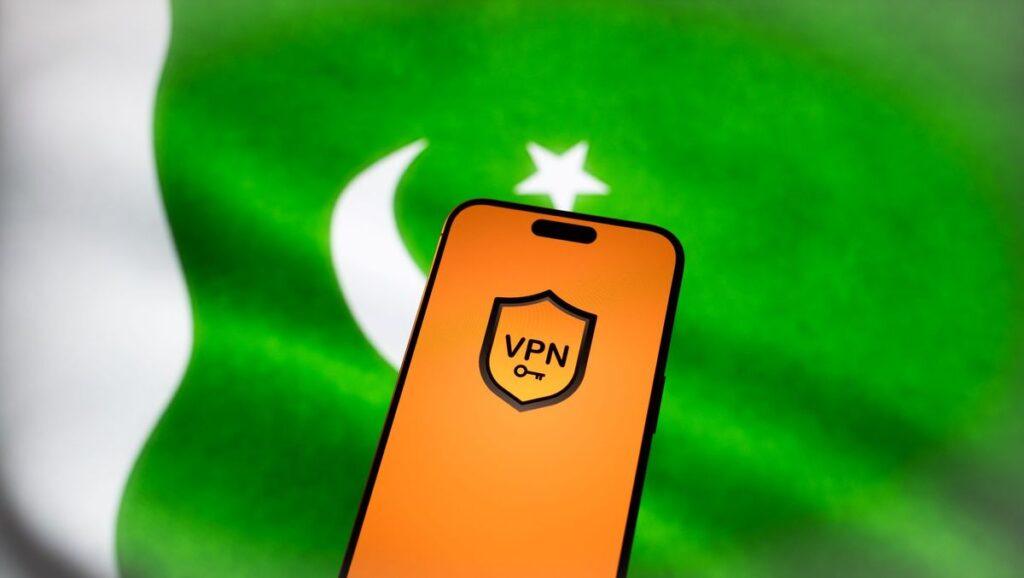Pakistan will not block VPNs, despite having the ability to do so.
This was the main conclusion of the country’s telecom watchdog, the Pakistan Telecommunication Authority (PTA), during its annual year-end ceremony on Monday, December 16, 2024.
“We had said earlier that we could block VPNs, but we will not do it,” PTA Major General (retd) Hafeez Ur Rehman said, adding that they did not block any services until today, Pakistani news channel Geo News reported.
The PTA originally set a deadline of November 30 to begin implementing a new policy regulating the use of VPNs, calling on companies and freelancers to register their service to evade blocks. The ban on VPNs in Pakistan was then withdrawn for lack of legal basis.
Pakistan VPN – A Crucial Resource
Since early 2024, Pakistanis have flocked to the best VPN apps to navigate an increasingly censored Internet.
Access to social networks has been the main objective of the authorities. In fact, residents have been unable to use X (formerly Twitter) without a VPN since February. Facebook and Instagram were also restricted in July 2024 and May 2023, respectively, according to Surfshark’s Internet Tracker. WhatsApp and Bluesky were also blocked in November.
In this context, where bypassing services such as VPNs is a crucial resource for residents and visitors, authorities began to crack down on their use.
For starters, VPNs were reported to have been attacked during the year as users faced temporary connectivity issues since February (exactly when X was first restricted). Plans to regulate VPN use to curb misuse were first shared in August.
Know?
A virtual private network (VPN) is security software that encrypts your Internet connections to prevent spying. It also spoofs the location of your real IP address to increase anonymity and grant access to otherwise geo-restricted content.
Authorities would later consider unregistered VPNs a “security risk” to Pakistan as they can be used to access “sensitive data,” and Pakistan’s main religious body even said that using a VPN goes “against of Islamic law”.
Despite these firm stances, authorities have always emphasized that VPN use is permitted for legitimate purposes, such as banking, foreign missions, corporate businesses, universities, IT companies, call centers, and independent professionals. However, not many guidelines were shared regarding its non-commercial use.
This is probably why the PTA decided to extend the registration deadline on the day it was due to expire. Then, the final verdict: Pakistan’s VPN ban is against the law, according to the country’s Ministry of Justice.
According to sources close to the Ministry of Interior, according to the Prevention of Electronic Crimes Act (PECA) of 2016, the government can block content but not tools (such as VPNs, in this case).
“In the end, it has been noted that the Home Ministry’s interpretation in this regard was weak and the courts would allow VPNs to operate,” the source told Pakistani English-language newspaper Dawn.
Meanwhile, Pakistan has also reportedly deployed a China-like internet firewall that “has the ability to block VPNs,” a Defense Ministry official familiar with the new deployments told Al Jazeera.
The PTA president, however, declined to comment on possible closures. “We have no answers when we are asked about the internet being shut down due to national security,” he said, according to Geo News. “Questions related to national security should be raised with policy makers.”




